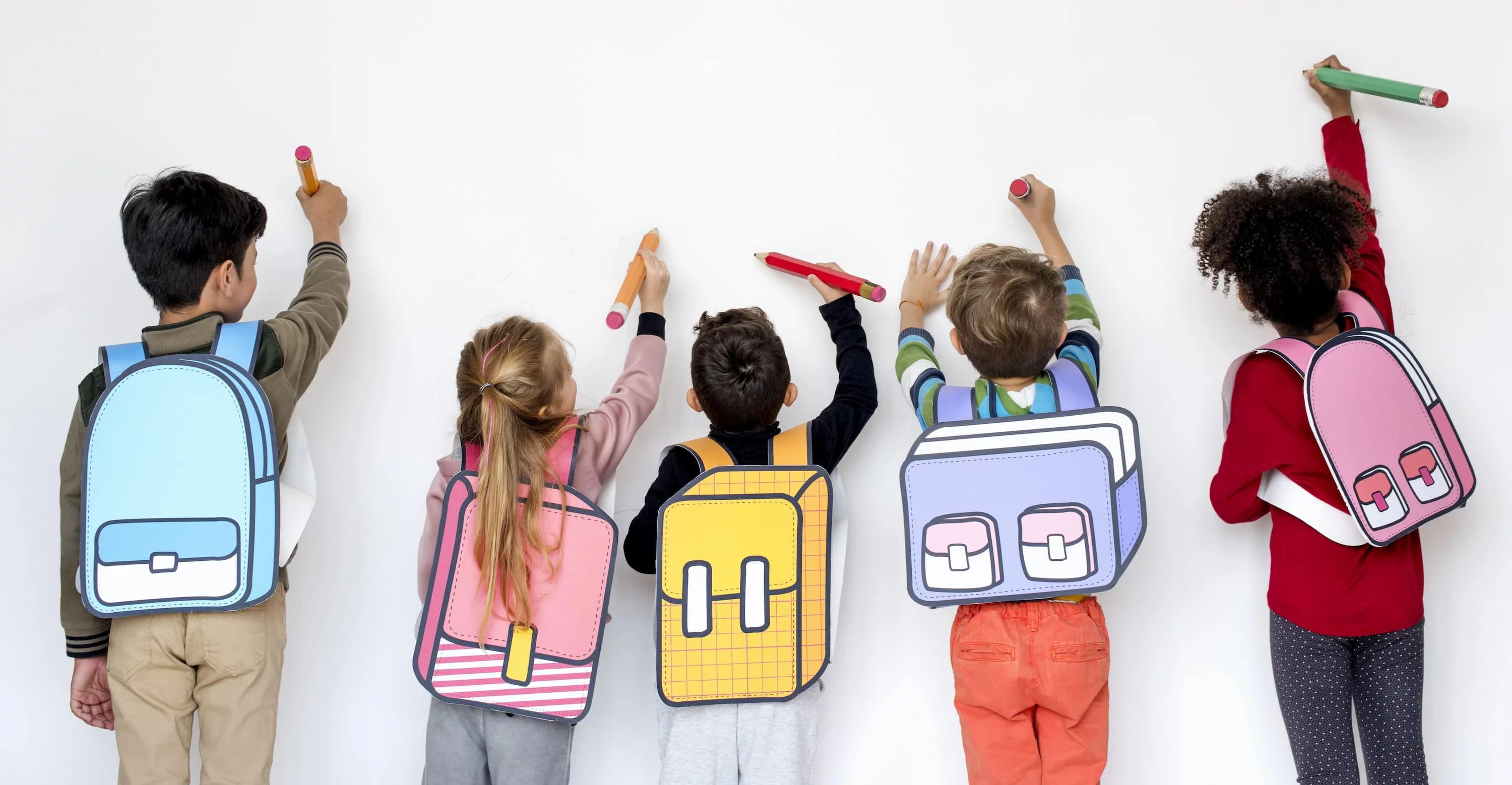"The air your child breathes every day can make a real difference in how well they do in school. Cleaner air means fewer sick days, better focus, and improved academic performance."
)
We all want the best for our kids, especially when it comes to their education. But did you know that something as simple as the air your child breathes at home could make a big difference in how well they do at school? It might sound surprising, but cleaner air really can help boost academic performance.
Children spend most of their time indoors, whether at home, in school, or during after-school activities. And if the air inside isn’t fresh and clean, it can affect how they feel and how well they learn. Children’s bodies and brains are still growing, so they’re more sensitive to pollution than adults. When the air is stale or filled with harmful particles, kids might feel tired, have trouble concentrating, or even get sick more often. None of this helps when they’re trying to focus on homework or a tough lesson.
Pollution inside homes and classrooms comes from all sorts of everyday things. It’s not just about what’s outside the window. Here are some common indoor offenders:
If your child is regularly exposed to these, it can really affect their energy and focus.
Research shows that poor air quality can actually hold kids back academically. For example, kids in classrooms with better ventilation and cleaner air tend to do better on tests and pay better attention. When the air is stuffy and full of pollutants, kids might score lower on IQ tests or find it harder to solve problems, two things that matter a lot for school success.
One study found that even a small increase in pollution could lower a child’s performance IQ score, which measures how well they think through new problems and puzzles. That’s pretty powerful evidence that what’s in the air really matters.
The good news is that there are simple steps parents can take to improve the air at home and give their kids a better chance to shine at school.
There are easy-to-use indoor air quality testing tools and monitors that help you understand what’s really in the air your family breathes. These devices measure pollutants like dust, VOCs (chemicals from household products), and carbon dioxide levels. By testing your indoor air, you can pinpoint specific issues and take the right steps to fix them, whether that means improving ventilation, switching to non-toxic cleaners, or adding an air purifier. It’s a smart first move toward creating a healthier space that supports your child’s academic performance.
A good air purifier with HEPA filters can trap a lot of harmful particles and allergens like dust, pollen, pet dander, and even tiny pollutants that you might not see. This helps reduce the chances of your child developing allergies or respiratory problems that could distract them from their studies. Placing an air purifier in your child’s room or study area creates a cleaner, fresher space where they can focus better and feel more comfortable. Many modern air purifiers also come with quiet modes, so they won’t disturb your child while they’re reading, doing homework, or sleeping. Some even have smart sensors that automatically adjust to the air quality, making them easy to use without much fuss. Investing in a reliable air purifier is a simple step that can make a big difference in your child’s health and ability to concentrate.
Gelair™ offers a natural and chemical-free way to improve indoor air quality. Gelair™ enhances indoor air quality naturally with its 100% Australian tea tree oil-infused products. Designed to keep your air conditioning system and home free from mold, Gelair™ helps reduce harmful mold spores and bacteria that can degrade the air you and your family breathe. By also tackling bad odors and stopping virus replication, these products create a cleaner, fresher indoor environment. Safe for use around children and pets and approved by the EPA, Gelair™ products provide continuous air quality improvement for about three months before needing replacement.
"The air your child breathes every day can make a real difference in how well they do in school. Cleaner air means fewer sick days, better focus, and improved academic performance."
Try to use cleaning products that don’t have strong chemicals and keep the home smoke-free. Regular professional home deep cleaning helps reduce dust buildup and mold. It’s all about creating a safe, fresh space where your child can breathe easily.
When kids breathe clean air, their brains get more oxygen, and they’re less likely to be tired or distracted. This means they can focus better on their studies and do well on tests and assignments. Clean air supports not just their health, but also their ability to learn and perform at their best.
Academic performance is influenced by many things, but breathing polluted air shouldn’t be one of them. Giving your child a healthier environment to grow and learn in is one of the simplest and most effective ways to support their success.
Improving air quality isn’t just a job for parents. Schools need to provide good ventilation and monitor classroom air to keep it safe. Communities and governments are also stepping up, especially in the UAE, to set standards that help keep indoor spaces healthier.
When parents, schools, and organizations work together, children get the clean air they need to thrive. This teamwork is a big part of helping kids achieve their full academic potential.
It might seem like a small thing, but the air your child breathes every day can make a real difference in how well they do in school. Cleaner air means fewer sick days, better focus, and improved academic performance.
